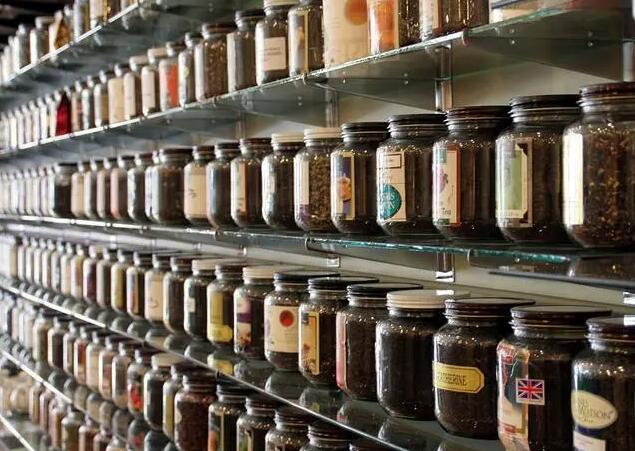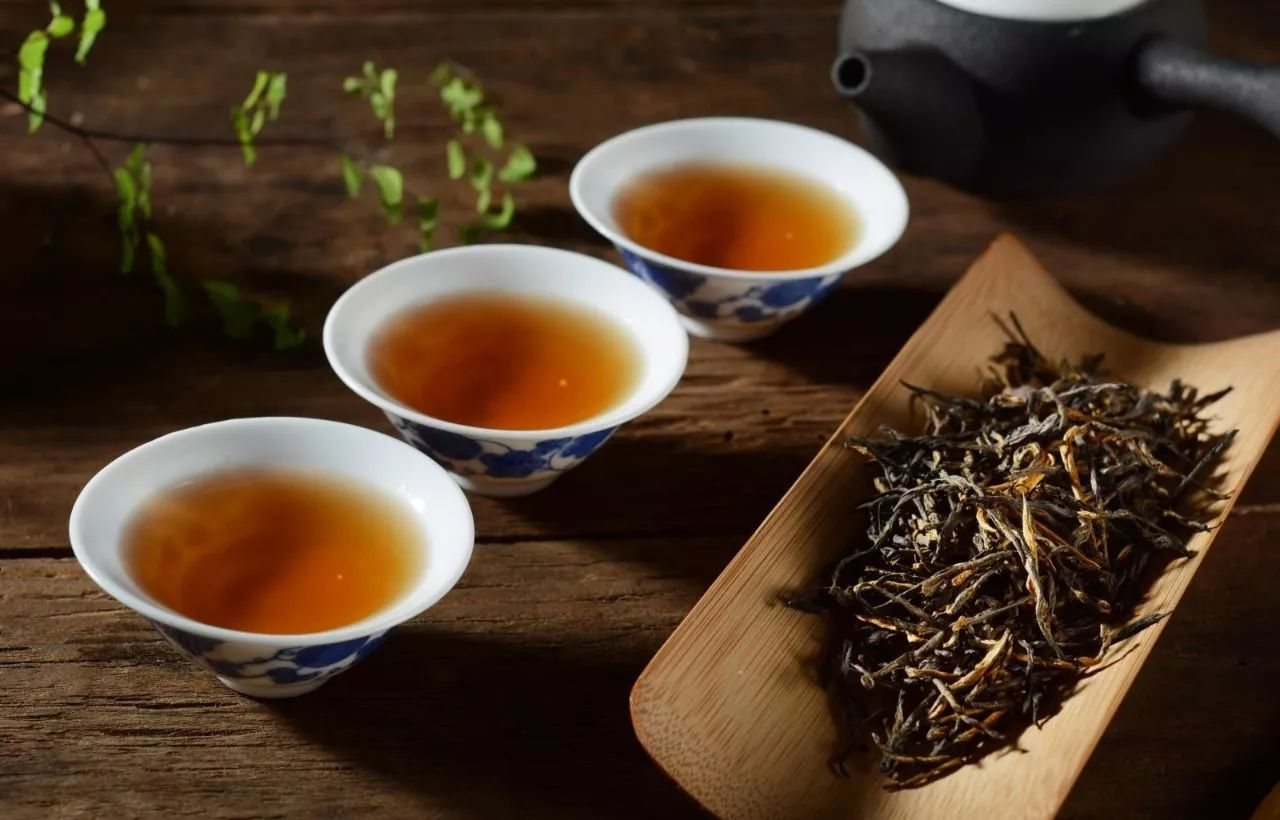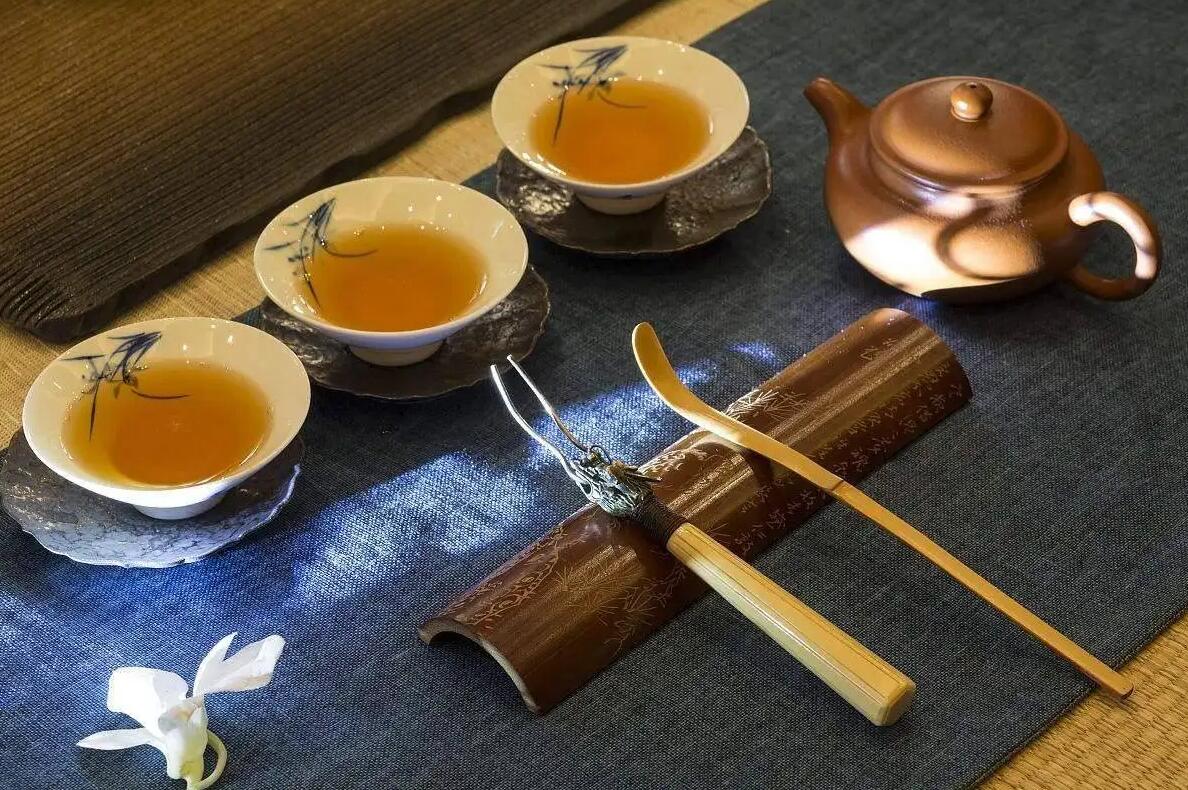The Chinese scholar enjoyed interpreting texts - The texts that mattered most were the Confucian classics. Arising out of a need for social structure and unity, Confucian philosophy encouraged the cultivation of one's moral character, putting one;s family affairs in order and then ministering to state affairs. Confucius outlined these goals in his five key terms: goodness, the gentleman, propriety, government by virtue and the art of peace, Confucius romanticized the concept that in China's past there had been a period of grand harmony in which powerful tradition had shaped that "golden age. His love for the ancients is a reflection of the traditions that he hoped would revitalize people in his own time. Moral ideas were driven into the people by every possible means—temples, theaters, homes, toys, proverbs, schools, history and stories—until they became habits in daily life. Thus a society composed of individuals had its members internalize moral law and order through the power of suggestion.
Confucian principles may have restrained people's behavior in establishing social order, but they also implied mutual respect caring, the virtues of showing respect for the aged, love for the young, goodwill between brothers, respect for teachers and a love for students. Confucius placed great value in the arts, although he was not an advocate of art for art's sake - He saw the virtue in art primarily as an instrument for moral education. Confucius felt that political glory does not go to the state with the strongest military, but rather to the state with the highest cultivation in the arts. He believed these were the things that evoked the spontaneous admiration of all men and women. The cultivation of these virtues was embraced by the scholars and evidenced by how they held the arts in the highest regard.
Both the cultural authority of the scholar and the moral legitimacy of the ruling dynasty grew out of mastering the Confucian classics. A Chinese scholar would spend years studying these classics and ancient texts, steeping himself in historical knowledge and philosophical principles, while mastering the literary skills needed to pass the civil service examinations. The elite social status attained with education, theoretically, was available to anyone willing to undertake the arduous study required. Although scholar society was select, it was non-exclusive. Anyone who was prepared and able to partake in meaningful discourse was welcomed. By 1385 a national system of institutions of higher education was established. By the turn of the fifteenth century schools had become the scholars' major training ground A number of universities arose, among them the National University in Nanjing, the Imperial Academy in Hangzhou, the Gonglin Academy in Suzhou and the Hanlin Academy in Wuxi. Eventually a three-year program was established, something akin to postdoctoral fellowships.
In any given period the study of the classics became accepted through a consensus of interpretation. Examinations guided that consensus. The analysis of set passages and the citing of precedents were the basic ingredients of examination essays. Candidates who were eager to succeed gained knowledge through lectures given by their examiners. These would inevitably be remarked upon and discussed. An inspired thinker with a powerfully coherent vision of the message of the classics might alter the shared understanding. The lecture hall, therefore, was the main arena for debate on ideas and policy.
The scholars who were successful in passing progressively more demanding examinations were awarded a degree. This prepared them to become government officials, giving them (social status, political influence and wealth. Most scholars would be relegated to taking a post in an outlying province. A lucky few became members of the bureaucracy at the capital, perhaps becoming powerful ministers at the imperial court, gaining direct influence with the emperor.
Although most scholars admired the distinguished political careers of their predecessors, they admired and wanted to live the hermit-like existence of famous scholars even more. Serving as a government official was acceptable, but when possible they chose to stay out of public office. Those scholars who took an official post complained of boredom, loneliness, hypocrisy, bureaucratic protocol, political manipulation and capricious subjugation at the hands of their superiors. Their duties would ostensibly include ministering to a variety of affairs within their authority that included collecting revenues, settling disputes and meting out punishment—all of which combined to take an emotional toll. There were numbers of letters written by homesick, unhappy scholars passionately petitioning their superiors in hopes of being relieved of their duties. Even those who were effective and bright developed a knack for finding excuses to take sabbaticals. Their basic desire and ultimate objective was to be free from obligations, especially the intrigues of the court and contemporary politics. As a recluse one could pursue a meaningful life of personal cultivation with time for reflection and engagement with the arts. Li Rihua (1565-1635), a scholar of the late Ming period, expressed it this way: "AII I want in my life is to have white rice to eat, fish for soup, good wine and fine tea to drink. In my home I would like ten thousand volumes of books and a thousand stone rubbings, I wish I would not have to go out all year or see any vulgar person that someone tries to introduce to me. After I have lived like this for seventy or eighty years, I shall be a citizen of the Kingdom of Eternal Happiness."
There were some who failed after repeated attempts at the examinations and many others who rejected the constraints of a government position or simply found themselves out of favor with the court. Since all scholars continuously engaged in their passions of writing, painting and collecting books and works of art, even the most reclusive had to have other ways to earn a living - An ideal situation would have been to come from a family whose past generations held degrees and had served as high officials, Then there would be enough wealth to be released from the worry of earning money. In addition, If they came from an established family, there would already be a great library and an outstanding collection of artworks. Obviously not everyone had this advantage. Indeed, some of the leading scholars came from very poor families. Scholars who did not come from wealthy families still managed to amass a considerable number of objects, especially books and other items of personal use.
In finding alternative ways of earning a living, a scholar might become a personal tutor, a private secretary, an antique dealer, a bookseller or a peddler of goods at a booth in the night market. Others could earn a steady source of income by exercising their considerable talents. Some scholars joined the ranks of the professional artists as a dignified means to a livelihood. This meant becoming a professional poet, painter or calligrapher - what they referred to as farming with a brush." Still there were others who assumed the romantic persona of the scholar-hermit paragons of virtue if not monetary success. Those who were financially well off and did not pursue careers in government or produce scholarly works nevertheless shared the intellectual background, values and taste of active scholars and so were viewed as part of the same scholar culture, In the end, pursuing a career in government brought respect, social status and income for the family and helped tremendously with the scholars' voracious appetite for collecting.



